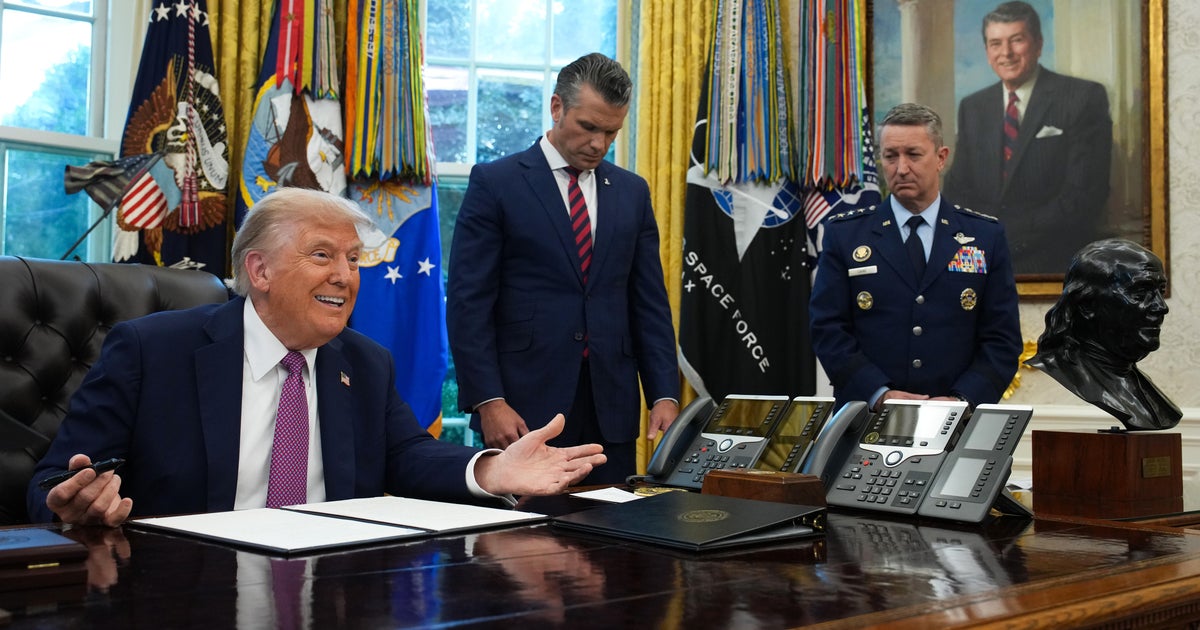In recent political and social discussions, former President Donald Trump has voiced strong opinions regarding various topics, ranging from public health to employment trends, shedding light on his stance and the broader implications of government policies during his tenure and potentially in future political undertakings.
One significant aspect of Trump’s comments pertains to public health, particularly vaccinations. He has openly encouraged the utilization of vaccines, departing from a rising wave of skepticism championed by certain political constituents, notably given Florida’s controversial steps toward rolling back vaccine mandates for schoolchildren. Trump expressed concern about exempting some people from vaccination, stressing that vaccines have a proven track record of efficacy and are devoid of controversy, hence should be embraced to prevent potential health crises.
Extending beyond public health, Trump also shared insights on economic issues, specifically critiquing the performance of manufacturing sectors and job growth under his administration. He attributed disappointing job growth figures, such as the August report where only 22,000 jobs were added (substantially below expectations), to factors including elevated interest rates and delayed impacts of his economic policies, including tariffs. Trump suggested such parameters skewed the employment numbers, with indications of potential upward revisions that could reflect a more favorable economic impact.
In a notable pivot to national defense and international diplomacy, Trump announced his intention to host the 2026 G20 summit at his Doral golf resort in Florida. This decision has stirred controversy and ethical debates reminiscent of previous criticisms faced when he suggested hosting the G7 summit at the same venue in 2020. His administration clarified that the summit would entail no profit for Trump’s properties, aiming to quell ongoing concerns about the conflation of his business interests with presidential responsibilities.
Parallelly, Trump’s domestic policy actions included a significant number of executive orders aimed at redirecting various facets of national governance. His administration passed a landmark 200th order, reviving discussions and comparisons with previous administrations regarding the use of executive power to circumvent legislative routes. These actions, ranging from economic measures to idiosyncratic changes like renaming the Department of Defense to the Department of War, underscore his governmental approach centered on decisive, often unilateral actions.
In terms of foreign policy and defense, Trump’s administration remained active with measures such as the sanctioning of additional tariffs on European entities, responding to EU fines against American companies, thus continuing his trademark tariff-based approach to international trade discrepancies. Moreover, the deployment of U.S. military assets, like the F-35 jets to the Caribbean in response to tensions with Venezuela, highlighted his administration’s stance on employing show-of-force strategies to address international drug trafficking and regional security threats.
Moreover, addressing controversial topics head-on, Trump has also recently engaged in discourse surrounding the “Epstein hoax,” criticizing ongoing investigations and legislative actions aimed at bringing more transparency to the Jeffrey Epstein case. This situation illustrates Trump’s perception of political pursuits by his adversaries as witch hunts rather than legitimate inquiries, maintaining a narrative of partisanship that colors much of his public and political rhetoric.
Overall, Trump’s remarks and actions continue to stir significant public and media discourse, reflecting a figure that remains polarizing yet central in American political life. Whether discussing vaccine use in a global health context, economic strategies amidst fluctuating job markets, hosting international summits, deploying military might, defending executive prerogatives, or confronting controversial legal cases, Trump’s strategies and comments shape and reflect the enduring complexities of navigating leadership and governance in today’s multifaceted global landscape.









